Description
Defii-Vitafit – G+ tablets: Vitamin & Minerals supplement with Ginseng
Nutritional Information: Each Capsule Contains : Ginseng, Vitamin A, Vitamin B1, Vitamin B2, Vitamin B3, Vitamin B5, Vitamin b6, Vitamin B12, Vitamin C, Vitamin D3, Vitamin E, Folic Acid, Calcium Carbonate, Phosphorous, Ferrous Fumarate, Zinc Sulphate, Magnesium, Potassium, Manganese, Copper Sulphate, Iodine.
We’re all getting older, but that doesn’t mean we have to age prematurely or “feel” older. Who wouldn’t like to be healthier, feel better or look younger? Following are the reasons for our health hazards:
ê Physical health: In our daily busy schedule, our physical health gets affected due to untimely eating habits & lack of exercise.
ê Mental Health: Stress is a leading cause of disease, and financial distress is the leading cause of stress. Smart money management is key to health. Spoilt relationships with loved ones, friends and peers are absolutely crucial to the length and quality of our lives. Most people spend a significant part of each day – and their lives – invested in their careers. The level of fulfillment, stress, etc. in your career is obviously going to have a direct impact on your health, your immunity to disease, etc thus affecting Mental Health.
ê Pollution – especially inside homes and buildings & atmosphere – is one of the fastest growing and most threatening health issues facing all of us.
ê Food intake: What goes into your body has the most immediate impact on your health, and NO “food” goes into your body more than the air you breathe (and second to that, the water you drink.).
Our bodies cannot absorb all the nutrients found in the foods we eat, so a daily multivitamin is much like a nutritional insurance policy; it ensures the recommended daily allowance (RDA) for specific vitamins and minerals are obtained. So it is necessary to have a health supplement that protects and improves our health.
This is important because according to the most recent Healthy Eating Index survey conducted by the USDA, most people do not eat a healthy balanced diet on a daily basis. According to the National Institutes of Health, “Multivitamins are prescribed for patients who need extra vitamins, who cannot eat enough food to obtain the required vitamins, or who cannot receive the full benefit of the vitamins contained in the food they eat.”
Vitamins help in the following ways: Vitamin A is important for bone growth, regulates immune system and improves eyesight. Vitamin D3 is necessary for bone density, immunity against heart disease, diabetes, weakness, muscle wasting and osteoporosis. Folic acid is essential to produce healthy red blood cells and prevent anemia. Calcium and Phosphorous are essential for normal function of muscles, nervous system, and bone growth and maintenance of bone density. Iron is needed for the production of hemoglobin and red blood cells. Magnesium is useful in muscle cramps, nervousness, depression, insomnia, diabetes, high BP etc. Manganese and Potassium are necessary for the normal activity of the brain and blood sugar levels. Zinc is important in wound healing, brain function, growth and development of immune system. Molybdenum helps normal bone and teeth development and stomach and esophagus cancers.
Vitamin A: A is a group of compounds that play an important role in vision, bone growth, reproduction, cell division and cell differenciation (in which a cell becomes part of the brain, muscle, lungs, blood, or other specialized tissue. Vitamin A helps regulate the immune system, which helps prevent or fight off infections by making white blood cells that destroy harmful bacteria and viruses and help you fight off viral infections.
Vitamin B complex is essential for nervous system, cardiovascular and muscular function, healthy skin and eyes, immunity, lowers cholesterol.
Vitamin B1, also known as thiamin, helps fuel your body by converting blood sugar into energy. It keeps your mucous membranes healthy and is essential for nervous system, cardiovascular and muscular function.
Vitamin B2 (Riboflavin) is needed for converting proteins, fats and carbohydrates into energy; it is necessary for healthy skin and eyes. Riboflavin is also necessary for red blood cells formation, antibody production, and growth.
Vitamin B6: Vitamin B6, also known as pyridoxine, helps brain function and helps the body convert protein to energy. It is important to boost the immune system. Vitamin B6 also helps maintain your blood glucose (sugar) within a normal range. The pyridoxine in vitamin B6 can lower cholesterol, reducing the risk of a heart attack.
Vitamin B12: Its primary functions are in the formation of red blood cells. B12 is also important in healthy maintenance of the nervous system.
Vitamin C: Intake of vitamin C might protect against stroke and heart attack by lowering blood pressure and LDL (“bad cholesterol”) levels, and helping to thin the blood to protect against clots. It also helps prevent atherosclerosis (commonly known as hardening of the arteries) by strengthening the artery walls as it manufactures collagen, the protein that gives shape to connective tissues and strength to skin and blood vessels.
Its potent antioxidant properties can help protect our immune systems against the ravages of winter illnesses and help us fight off infection.
Vitamin D3, (cholecalciferol), is necessary for retaining bone density and for maintaining the body’s immunity against cancers, heart disease, diabetes, weakness, muscle wasting and osteoporosis, among other disorders.
Vitamin E acts as a powerful antioxidant by neutralizing free radicals in the body that cause tissue and cellular damage. Vitamin E also contributes to a healthy circulatory system and aids in proper blood clotting and improves wound healing.
Calcium: Calcium is needed for your muscles to contract and relax, your nerves to function, and for your blood to clot properly.
Folic acid also known as Vitamin B9 is especially important during periods of rapid cell division and growth. Both children and adults require folic acid to produce healthy red blood cells and prevent anemia. It helps make DNA (the body’s genetic material), which normalizes the brain’s functions, and is a critical component of spinal fluid.
Phosphorous: One of the most important benefits of phosphorus is the impact it has on bone health.
Iron: Iron is needed for the production of hemoglobin needed for red blood cells.
Magnesium is a mineral that is essential to a wide variety of body processes, including energy production, protein formation, DNA production, and nerve conduction. It helps maintain normal levels of potassium, phosphorus, calcium, adrenaline and insulin, and keeps the bones strong and the heart healthy. Magnesium helps to relax the heart muscles to maintain a regular heartbeat, and thus prevent sudden changes in blood pressure. Magnesium is also sometimes prescribed for treatment of migraines, asthma, and diabetes.
Manganese is an essential element that is necessary for the normal activity of the brain and acts as a catalyst for certain enzymes to work in the body.
Potassium is an electrolyte (a substance that maintains your body’s fluid levels), this mineral helps regulate blood pressure and heart function. Potassium aids rheumatic or arthritic conditions (causing acids to leave the joints and ease stiffness). Potassium is a natural pain desensitizer. Potassium helps control convulsions, headaches and migraines, promotes faster healing of cuts, bruises etc.
Zinc is an essential mineral that is found in almost every cell in your body. It stimulates the activity of over 100 enzymes. Zinc plays an important role in wound healing, brain function, growth and development. Zinc also plays an important role in our immune system.
Ginseng is used to reduce mental stress and anxiety, increase mental clarity, stimulate the immune and nervous system, diabetes, prevents the growth of certain types of cancer cells, lowers cholesterol levels, improves digestion and reduces fatigue.
Dosage: 1 capsule twice daily with a glass of water after meals or as directed by physician.

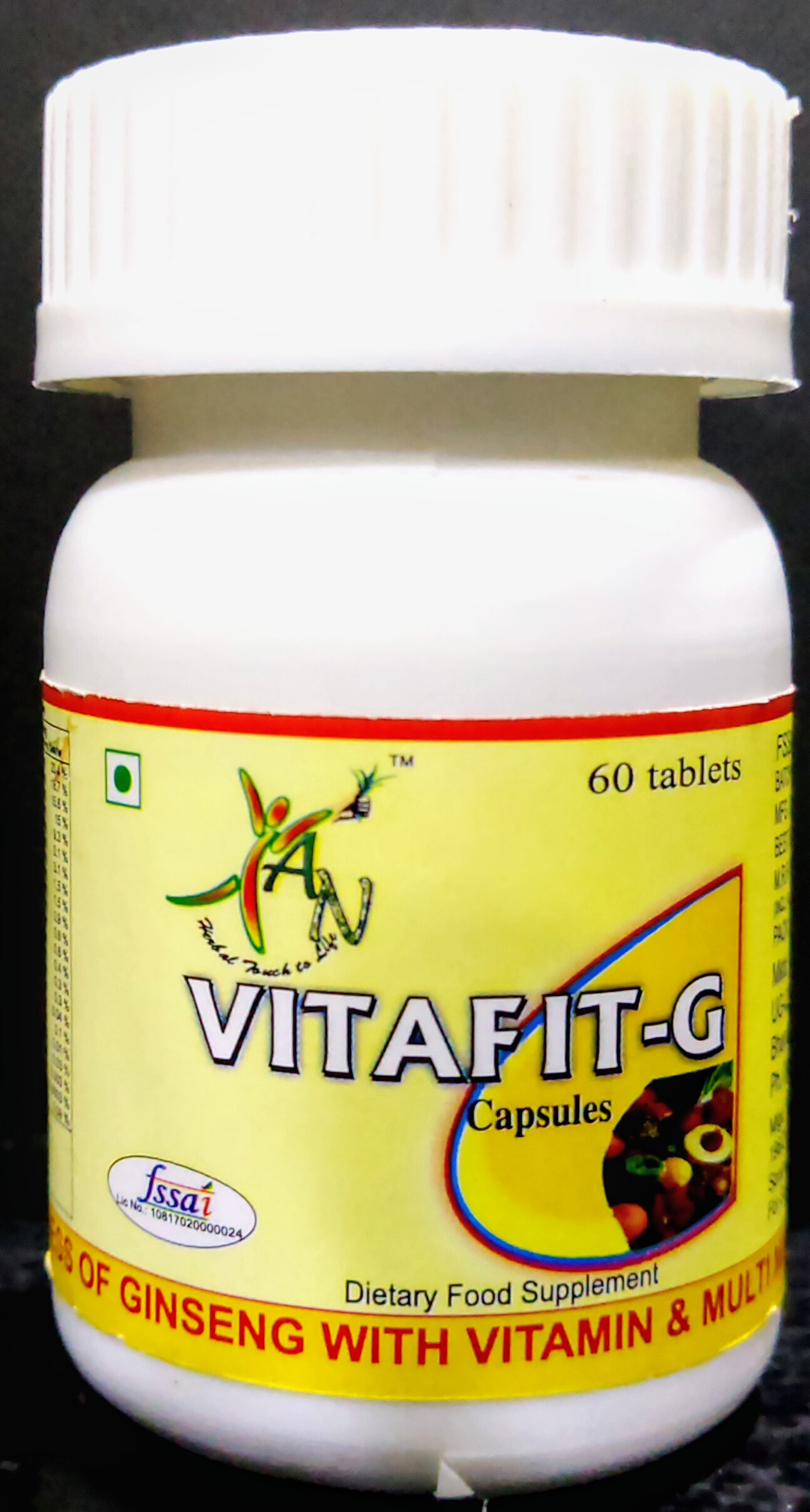
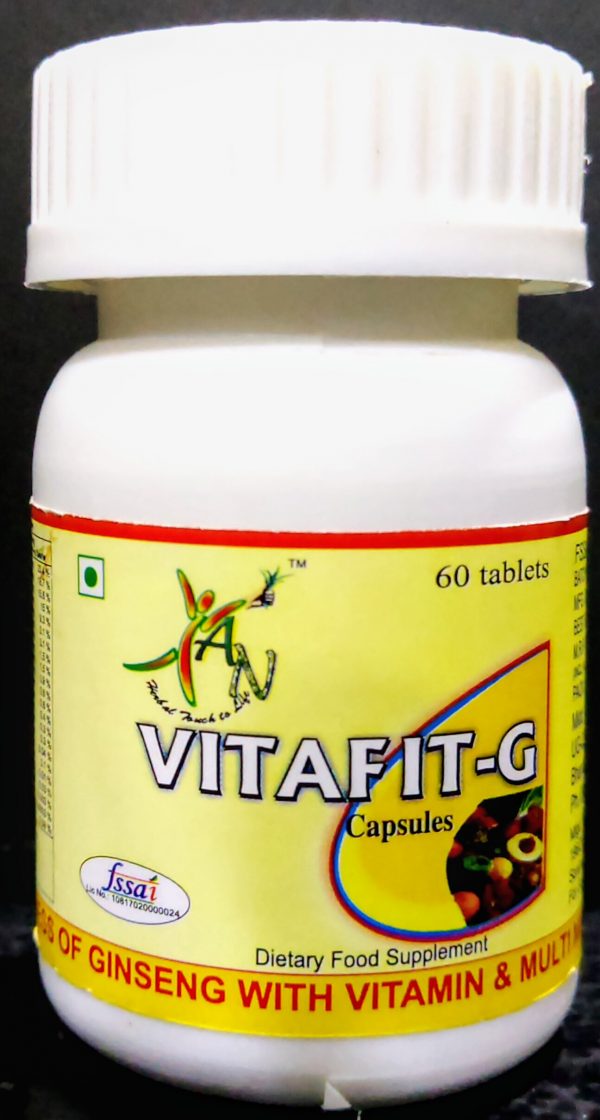
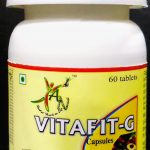


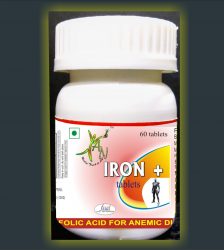
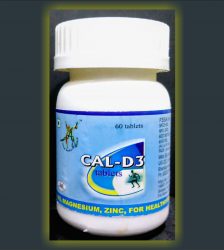
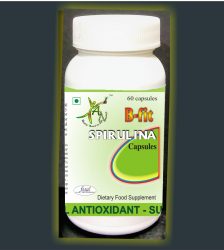
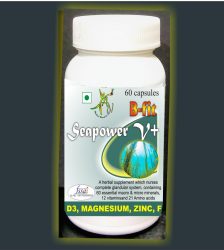
Reviews
There are no reviews yet.